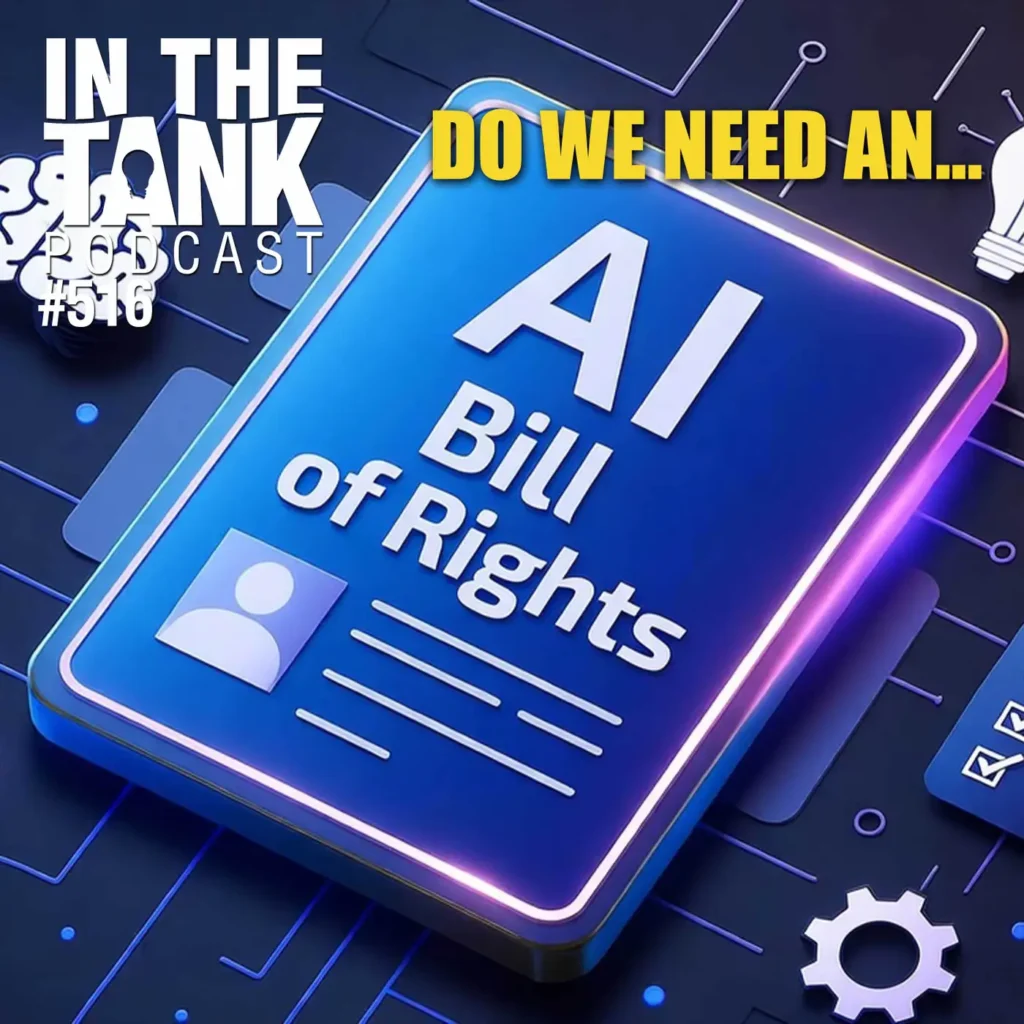Cook County, Illinois households and businesses could be slapped with a $4 tax on all wireline and wireless phone lines, but local telephone service providers, consumer advocates, and a local utilities watchdog group are slapping back.
The Cook County Board of Commissioners floated the phone tax idea in mid-October and immediately faced a backlash from the Illinois Chamber of Commerce, the area’s Citizens Utility Board (CUB), Chicago’s Ministerial Alliance Against the Digital Divide, and telephone provider AT&T, marking a rare occasion where representatives of consumer, business, and industry interests found common ground.
Cook County includes Chicago and its inner ring of suburbs including Evanston, Wilmette, and Oak Park.
Counting conventional landline phones, cell phones, faxes, and Internet connections, both AT&T and CUB separately estimate the average Cook County consumer has five phone lines. That would add up to $20 a month–or $240 a year–in extra taxes.
The proposal also calls for indexing the tax to inflation, so the tax burden would grow. Over five years, the tax may cost average households as much as $1,240, according to NoPhoneTax.org, which cites more than 80 groups opposed to the tax.
‘Horribly Regressive’
“This is a horribly regressive tax that dents the pocketbook of every household in the county and hits low-income households the worst,” said Steven Titch, telecom policy analyst for the Reason Foundation and managing editor of IT&T News at The Heartland Institute.
“I can’t remember when CUB and the phone company were ever on the same side of an issue,” Titch said. “This in itself should send a clear message to the county commissioners about the unpopularity of this egregious proposal. The proposed tax is anti-consumer, anti-business, anti-job, and anti-poor.”
David Kolata, executive director of CUB, did not respond to phone calls by press time, but a statement by CUB opposing the tax said it would negate the savings from a series of low-cost calling plans CUB negotiated last year to help seniors, low-income consumers, and others afford basic telephone service.
The new tax comes just as broadband service is beginning to make gains among minorities. In 2005 only 14 percent of African-Americans had a high-speed Internet connection, according to the Pew Internet and American Life Project. By July 2007, that rate jumped to 40 percent.
Raising the taxes would make broadband less affordable and slow progress in closing the digital divide, Titch said.
Tax Burden Already High
The new Cook County tax would be heaped on top of excise taxes and surcharges the state and city already collect. In a May 2007 study of telecom tax rates in 59 U.S. cities by The Heartland Institute, Chicago ranked fifth in landline tax rate paid by average consumers–27.78 percent–and second in wireless tax rate–18.49 percent. The proposed $4 increase would push Chicago consumers to the top of the list, with the rest of the county residents not far behind.
William Beavers, the county commissioner sponsoring the new tax, told the Chicago Tribune the county does not get any money from phone taxes the state and city assess. The $4 tax aims to reduce the county’s projected 2008 budget deficit of $307 million, he said.
Slams Business, Too
In addition to hurting poor consumers, Titch said, the tax would drive small businesses–and the jobs they create–into neighboring counties.
“Small businesses, which could easily have up to 30 total phone lines, are going to be taxed an extra $1,500 a year,” Titch said. “Neighboring DuPage and Lake Counties suddenly look that much better as places to set up shop, especially for businesses that depend on worker mobility and e-commerce–two big employment and growth drivers for the coming years. Cook County can forget about luring another high-employment service or call center to the area, and will likely lose the ones it has.”
The proposed tax may be unconstitutional. The 1970 Illinois constitution prohibits home rule bodies, including Cook County, from imposing taxes on services without approval by the General Assembly. Illinois courts in the past have cited the provision when quashing attempts by Illinois cities to impose taxes independent of the state legislature.
Steve Stanek ([email protected]) is managing editor of Budget & Tax News and a research fellow at The Heartland Institute.
For more information …
“Taxes and Fees on Communication Services,” Heartland Policy Study No. 113: http://www.heartland.org/Article.cfm?artId=21104



